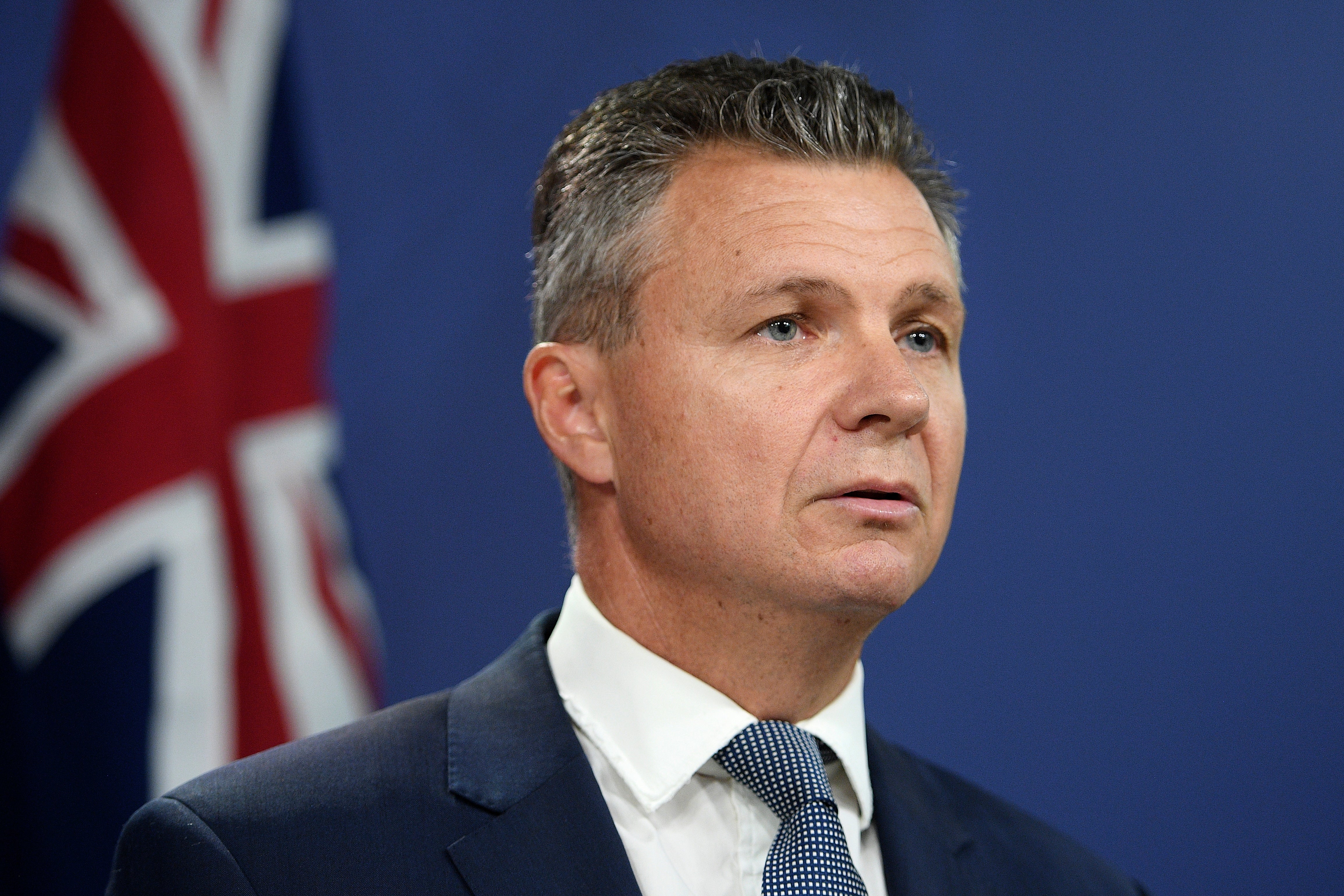Failed referendum on Indigenous rights sets back Australian government plans to become a republic
Australia's failed referendum on the Indigenous Voice has set back the government’s plans to cut the nation's constitutional ties to Britain’s King Charles III

Your support helps us to tell the story
From reproductive rights to climate change to Big Tech, The Independent is on the ground when the story is developing. Whether it's investigating the financials of Elon Musk's pro-Trump PAC or producing our latest documentary, 'The A Word', which shines a light on the American women fighting for reproductive rights, we know how important it is to parse out the facts from the messaging.
At such a critical moment in US history, we need reporters on the ground. Your donation allows us to keep sending journalists to speak to both sides of the story.
The Independent is trusted by Americans across the entire political spectrum. And unlike many other quality news outlets, we choose not to lock Americans out of our reporting and analysis with paywalls. We believe quality journalism should be available to everyone, paid for by those who can afford it.
Your support makes all the difference.Australia’s failed referendum on the Indigenous Voice has set back the government’s plans to cut the nation’s constitutional ties to Britain’s King Charles III, a minister said Thursday.
Australians last week overwhelmingly rejected the referendum that would have enshrined in the constitution an Indigenous advisory body to Parliament.
The loss reduced the chances of another referendum soon to make the country a republic with an Australian president as head of state instead of the British monarch, Assistant Minister for the Republic Matt Thistlethwaite said.
“In my view, it’s not off, but it does certainly make it a lot harder,” Thistlethwaite told Sky News Australia.
“Australians are reluctant to look at further referendums in the short term,” he added.
Prime Minister Anthony Albanese made the Voice referendum a top priority for his center-left Labor Party government’s first three-year term when it was elected last year.
Albanese placed Thistlethwaite in charge of paving the way toward a republic and left open the prospect of a referendum being held in a second term if Labor wins the 2025 election.
Queen Elizabeth II’s death last year at the age of 96 was widely seen as increasing Australians’ mood for constitutional change to a republic.
The Voice referendum was Australia’s first in a generation. Australians rejected an Australian republic at their last referendum in 1999. No referendum has succeeded since 1977.
The weekend referendum result had also triggered a backlash against Indigenous rights in two states where the “no” vote was strongest.
In Queensland where opposition to the Voice was strongest, the state opposition party on Wednesday reneged on a commitment to support negotiating a treaty between the state and Indigenous residents.
Opposition leader David Crisafulli explained he had hoped that a treaty would lead to better outcomes for the Indigenous population.
But the referendum convinced him that a treaty would create further division.
“Sadly, over the past six months Australia and Queensland have been subject to one of the most divisive debates in my life,” Crisafulli said in a statement, referring to the referendum campaign.
South Australia had the second strongest “no” vote and next year will become Australia’s first state to introduce a state-based Indigenous Voice.
Lawmaker Sarah Game, who represents the minor One Nation party, introduced a bill to the state legislature this week that would repeal the legislation that created the state Voice.
“I think it’s the right thing to do: an acknowledgement of the way in which Australians and in particular South Australians have voted,” Game told reporters.
“We want a commitment to those who are disadvantaged, but we don’t want it in a way that causes a divide on race and ancestry,” Game added.
___
Follow AP's Asia-Pacific coverage at https://apnews.com/hub/asia-pacific